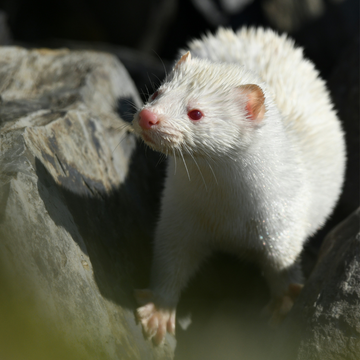Vegan is a word that has come into consideration in recent years. Veganism refers to the living structure wherein one avoids and excludes all sorts of animal cruelty and exploitation for any means like food, clothing, etc. The meaning of vegan to some people is restricted to food, but there's a lot more that is an essential part of veganism.
Vegan Fashion has recently taken a steep boom in the fashion industry. Numerous companies in the industry are trying to adapt sustainable manufacturing modules to preserve the mother earth. Vegan Fashion is also considered cruelty-free Fashion, as it involves no animal in the process of making it. Usually, the traditional clothing consists of a lot of animal fibres for which many animals are slaughtered and brought to death. Seeing the emergence of saving wildlife and nature at the same time, the concept of vegan Fashion has come into existence.
Vegan Fashion is indeed great for nature and the environment, but it is also costly, and not many brands can afford it, which is why the users must always seek certifications and licences from the company claiming to sell vegan clothes. Many brands try to fool the customers in the name of vegan Fashion by providing hazardously manufactured clothes to them. All the companies carry a particular trademark for selling vegan dress clothes; hence, before ensuring contribution to nature by buying vegan dresses, you must always check with the trademarks.
Need For Sustainable Vegan Fashion
Reduction in carbon emissions:
Fast Fashion has become a task for many people because it involves a high amount of money, making it very difficult for people to afford to be in the trend. The fashion industry as a whole is responsible for almost 10% of carbon emissions which is not a small amount as it worsens the quality of air and the ozone layer. The carbon emission process practised by the fashion industry will impact the living conditions and the earth in the coming years by using toxic chemicals and other extremely harmful products. By adopting ethical vegan clothing practices, these companies can contribute to the betterment of living.
Saving natural resources:The production strategies used by apparel manufacturing companies involve a lot of toxic and harmful chemical substances. These are made with the help of natural resources, which are at a high risk of getting extinct. When looking at the sustainable clothing module, they use the 5 R's: reduce, repair, recycle, repurpose, and reinvent. This process helps save natural resources, conserve the brand's image, and improve it.

Improvement of working standards:
Manufacturing clothes involves high involvement of labour. It has been analysed that the labourers who work in the cloth manufacturing factories have a shorter life than usual. This is because of the harmful oxidants that they breathe. It adversely impacts their health and leads them to lose their lives. Sustainable Fashion involves labour-oriented tasks like stitching, sewing, etc., which are not at all harmful; instead, it adds up to the betterment of the labourer’s living.
Eliminate suffering of animals:
Standard Fashion involves a lot of animals, including animal breeding, killing, slaughtering, etc., and the animals are killed for the sake of their skin and fabric. Vegan Ethical Fashion has no involvement with animals, as the name suggests. There is no amount of cruelty that the animals have to suffer when manufacturing vegan clothes; instead, it involves manufacturing and producing clothes made up of pineapple and orange peels.
Reduction in water consumption:
Manufacturing clothes requires a very high amount of water because the clothes have to go through several washes before coming into a condition to be used. All the dyes and chemicals are also put on the clothes after washing. Tons of litres of water are required by the companies to manufacture clothes. Vegan Fashion involves more assembling and less water. Adopting vegan ethical Fashion can also help us save tons and tons of water, reducing the issues of scarcity.
The Real Issue With Standard Fashion
- Environmental distress: The type of process used for manufacturing the standard clothing involves a lot of CFCs, perfluorocarbon, formaldehyde, surfactants, phthalates, chromium, metals, etc.; these are not only harmful to the manufacturers and labourers but also to the environment. This is because the industries supply a lot of gases, polluted water, and liquid; these get mixed with either air, water, or soil, ultimately worsening its quality. Vegan Fashion, on the other hand, involves minimal pollution and better working conditions.
- Extreme pollution: There is no doubt that manufacturing cloth involves a lot of bleaching and water; these create a worse surrounding for the people who live near the factories and the ones who work in them. It was analysed that more than 40% of the people residing near cloth manufacturing industries died before the average age. The impact of the pollution caused by these industries in the long term effects humans, nature, and the earth all at the same time. Vegan fashion manufacturing produces comparatively lesser pollution, and the people surrounded by vegan cloth manufacturing industries have the probability of living longer.
- Usage of expensive yet harmful toxic chemicals: The chemicals used in cloth manufacturing are extremely expensive, which increases the cost of the clothes automatically; on the other hand, vegan clothes are made up of natural fibres and fabrics, reducing the costs of the clothes as a whole.
How Can Vegan Fashion Help You Contribute?
Vegan Fashion involves minimal involvement of chemicals, enhancing the quality and naturality of the clothes. As no animal or animal skins are engaged in making vegan clothes, it automatically contributes a lot to the betterment of nature. Some of the best alternatives to leather include orange fibre, angora wool, artificial silk, cashmere wool, plant-based fibres, fur, plant-based leather alternatives, sheep wool, nylon, rayon, tencel, milkweed, polyester etc; The fibres mentioned above play a huge role in cruelty-free fashion manufacturing. This is because these are the most considerable leather alternatives and can satisfy the customers equally.
Final Thought:
Vegan Fashion has recently started getting a lot of attention because the industry has now started realising that not far is the time when it may be held responsible for worsening the living conditions. The pollution spread by the manufacturing units is already causing a lot of distress in the surroundings, which shall keep getting worse in the coming years. This is why many big brands are taking steps toward improving the production and manufacturing process by adapting the vegan clothing system.
Also Read Some Interesting Information About Ways to Start an Eco-friendly Lifestyle







